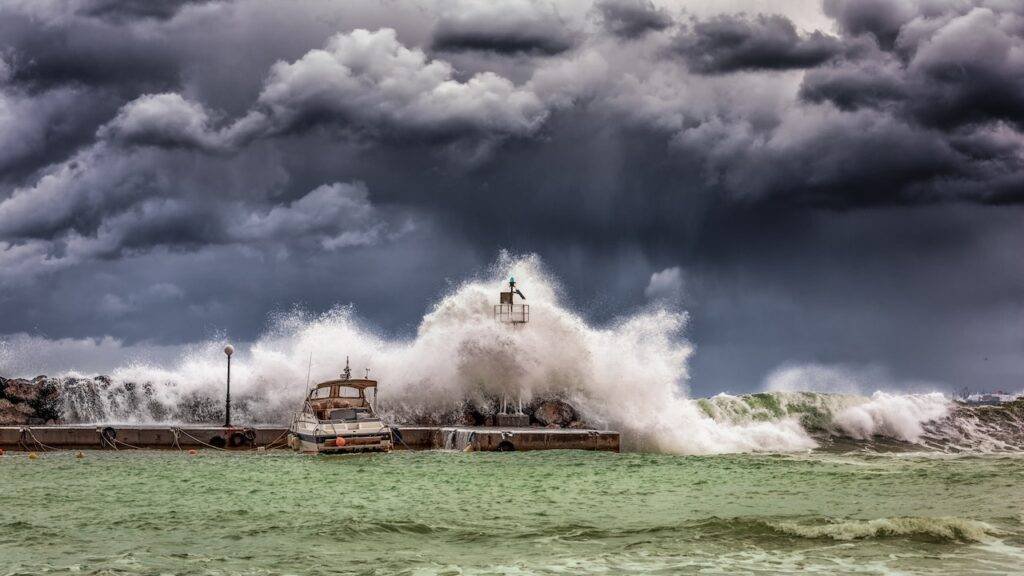
According to new research, People whose homes have been damaged by storms or floods are significantly more likely to experience mental health problems, such as depression and anxiety.
The study, led by the University of York and the National Center for Social Research, found that the mental health risk associated with experiencing weather damage to people’s homes is the same as the mental health risk associated with living alone, in a disadvantaged area.
People with weather-damaged homes are more likely to experience poorer mental health, even when the damage is relatively small, the study suggests.
Climate change is likely to increase the frequency and intensity of storms and floods in the UK, say scientists, and the researchers conclude that emergency planning for extreme weather should include mental health support for affected people.
The researcher’s analyzed data from a large national mental health survey called the Adult Psychiatric Morbidity Survey (APMS). APMS is the primary source of information on the mental health of people living in England and assesses mental disorders using diagnostic criteria.
The survey fieldwork took place throughout 2014 and included a question asking participants if their home had been damaged by wind, rain, snow or flood in the six months prior to the interview – this period included December 2013 to March 2014. The UK saw severe winter storms and widespread flooding.
More than 4.2 million flood warnings were issued and more than 10,000 residential properties were inundated during these months.
Taking into account other factors that increase the risk of poor mental health – such as social disadvantage, debt and poor physical health – the researchers found that about 50% of people who had their homes damaged by storms and floods, were more likely to experience poor mental health.
Lead author of the study, Professor Hilary Graham, from the University of York’s Department of Health Sciences, said: “This study shows that exposure to extreme or moderate weather events can cause ‘psychological damage’ with significant effects on mental health.
“This reflects the huge impact that storms and floods have on people’s lives, as well as the physical damage to homes and businesses, as well as the emotional toll on the sense of security many people derive from their homes.”
Professor Graham added: “With extreme weather events caused by climate change, environmental and health policies need to be brought more closely together. This means flood protection policies are also health protection policies and recognise that it is better to protect communities from flooding. Doing so is also an investment in protecting their mental health.”
Julie Foley, director of flood risk strategy and national adaptation at the Environment Agency, said: “The human impact of flooding is devastating and can last long after the floodwaters recede. People can move out of their homes for months or years, the impact is even more widespread if roads, schools and transport routes are affected. This research highlights how the effects of flooding can have a significant impact on mental health and well-being.
“Our flood defences increase the safety of thousands of homes across the country, but we can never completely eliminate the risk of flooding, which is why it’s so important to know how to protect you when it strikes.”
And all over the world, people in many countries suffered a lot from weather changes. People lose their lives, houses, vehicles and even the wealth they have accumulated due to this. Especially for school-going children, the destruction of books related to their studies is a matter that strongly affects their minds.
